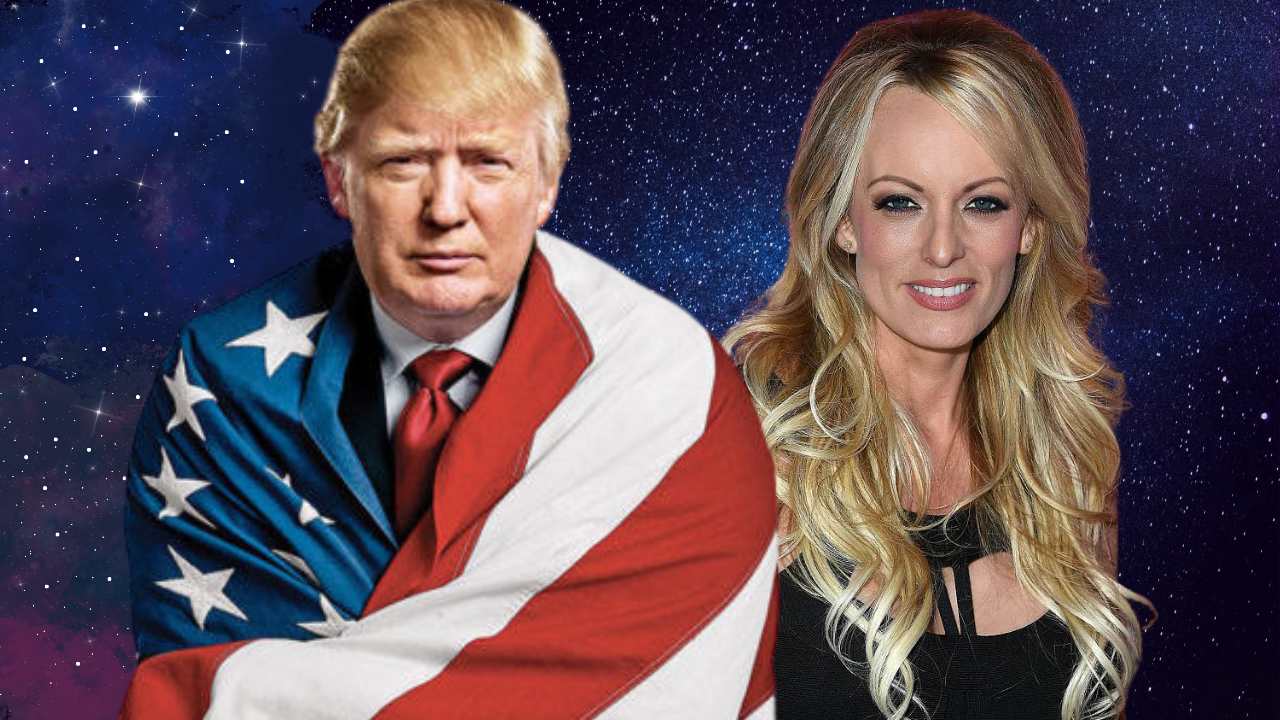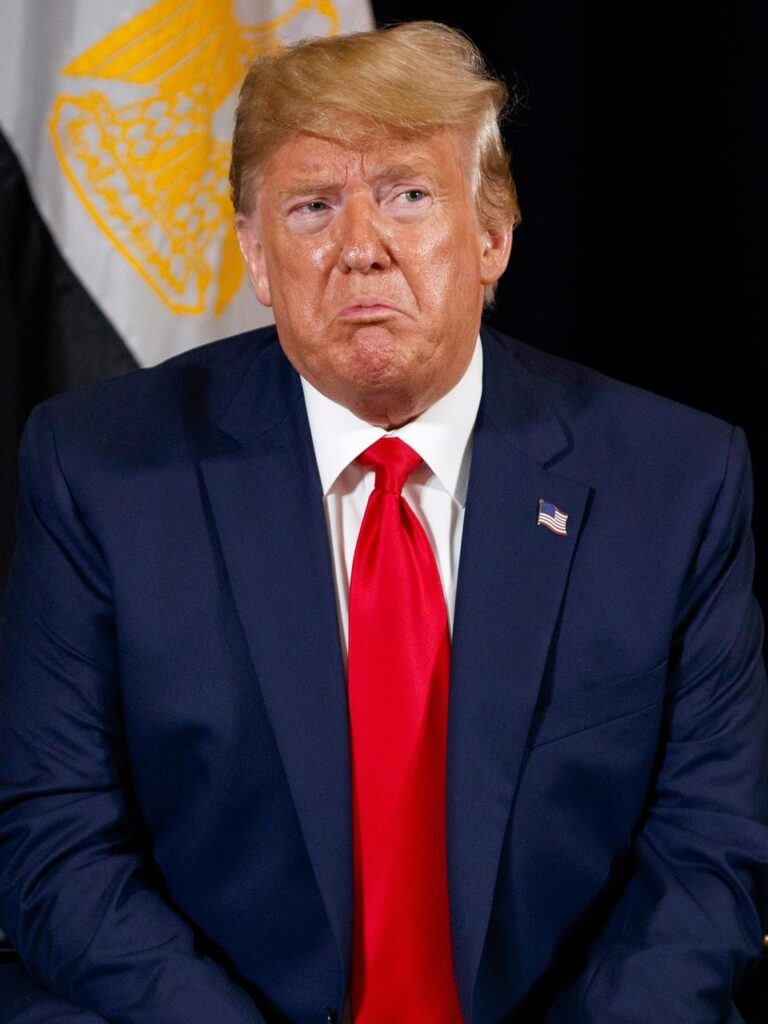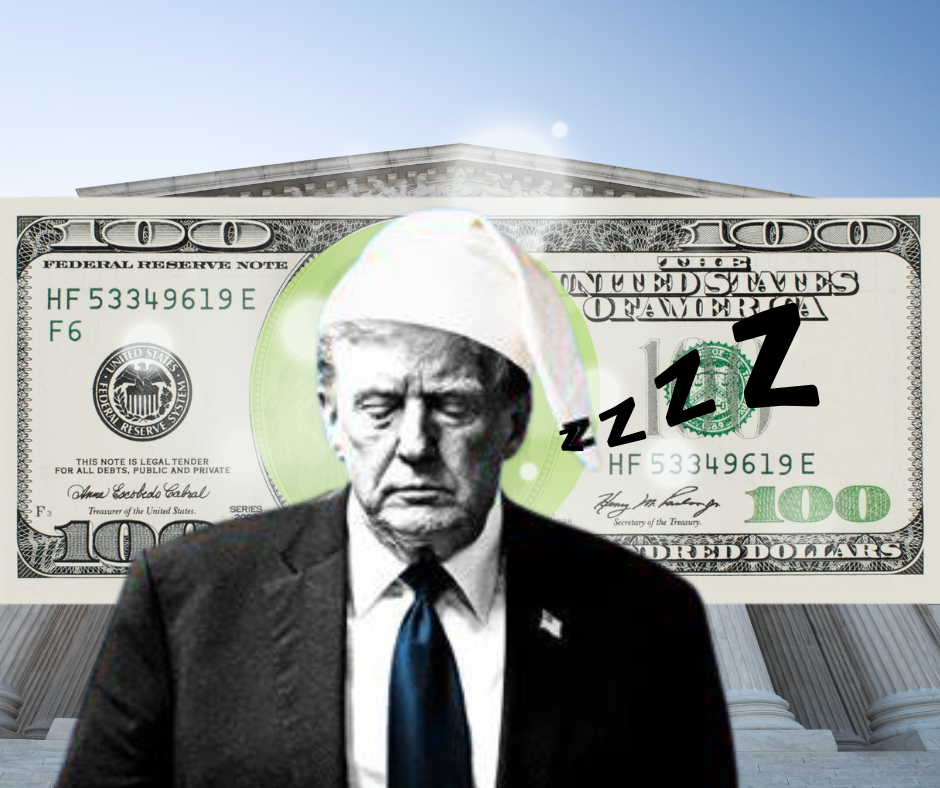In the realm of U.S. politics, the ongoing saga of the Donald Trump hush money trial continues to capture headlines and public attention. The trial revolves around allegations that Trump’s 2016 presidential campaign used hush money payments to silence two women, Stormy Daniels and Karen McDougal, who claimed to have had affairs with him.

Background of the Trial
The trial focuses on whether these payments illegally influenced the 2016 election. Prosecutors argue that the payments amounted to campaign finance violations, orchestrated to keep the alleged affairs hidden from voters. Trump’s defense maintains that the payments were private transactions unrelated to the campaign.

Latest Developments
Recently, key witnesses have testified, shedding light on the inner workings of Trump’s campaign and financial dealings. Notably, Allen Weissenberg, the Trump Organization’s chief financial officer, provided crucial testimony, detailing the alleged involvement of Trump in orchestrating the payments. Observers have closely watched the trial for its potential implications on Trump’s political future and legal standing. The outcome could have significant ramifications not only for Trump but for the broader landscape of campaign finance law in the United States.

Future Implications
The Donald Trump hush money trial will have the implications for Trump’s political ambitions are uncertain. A guilty verdict could tarnish his reputation and potentially lead to legal consequences. Conversely, an acquittal could bolster his standing among supporters. The trial highlights how politics, law, and public perception shape the trajectory of American democracy.

